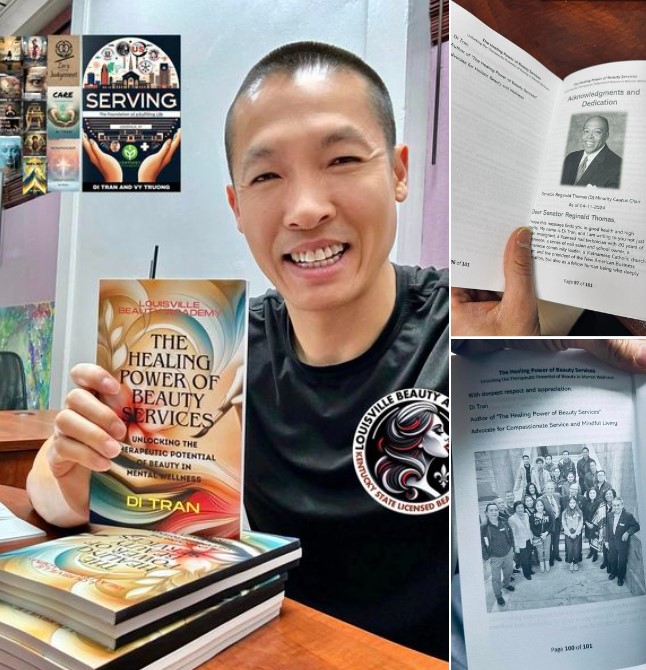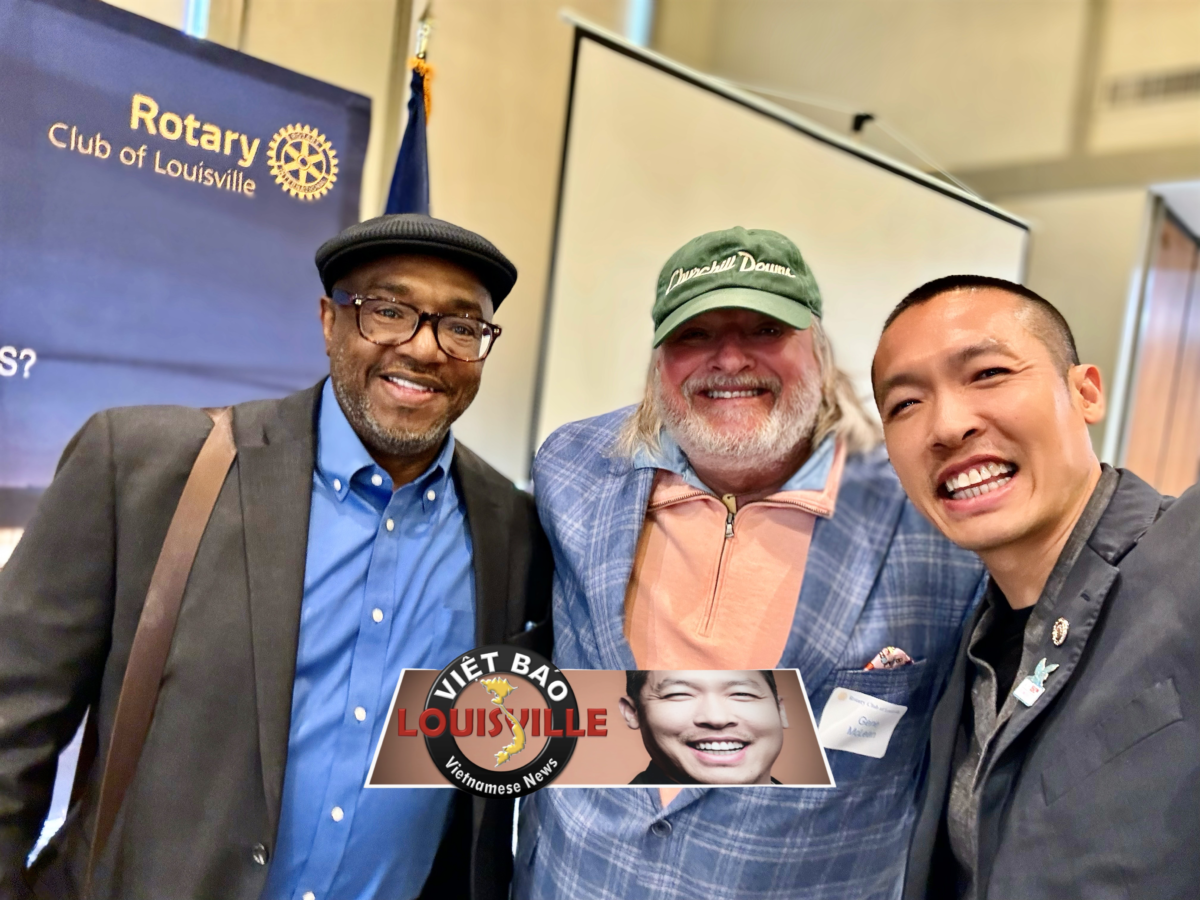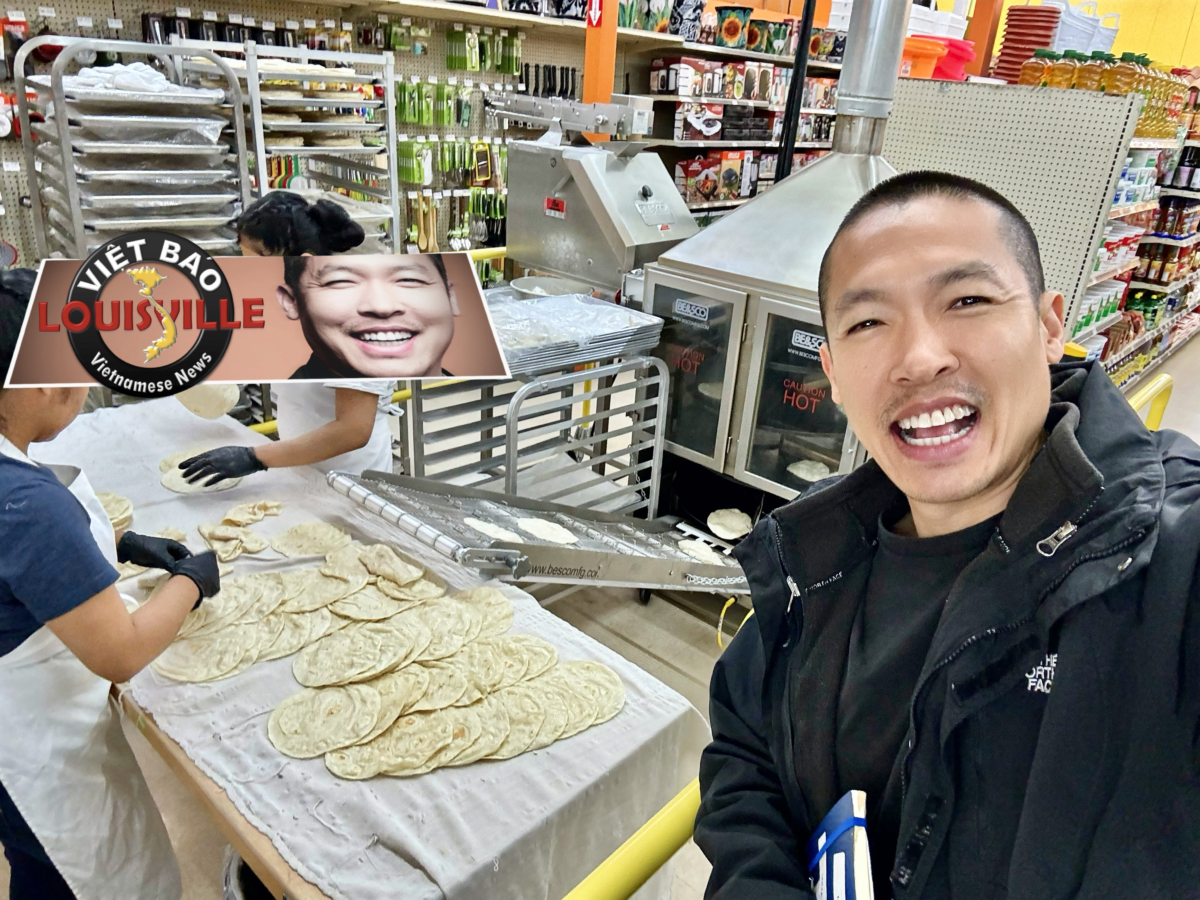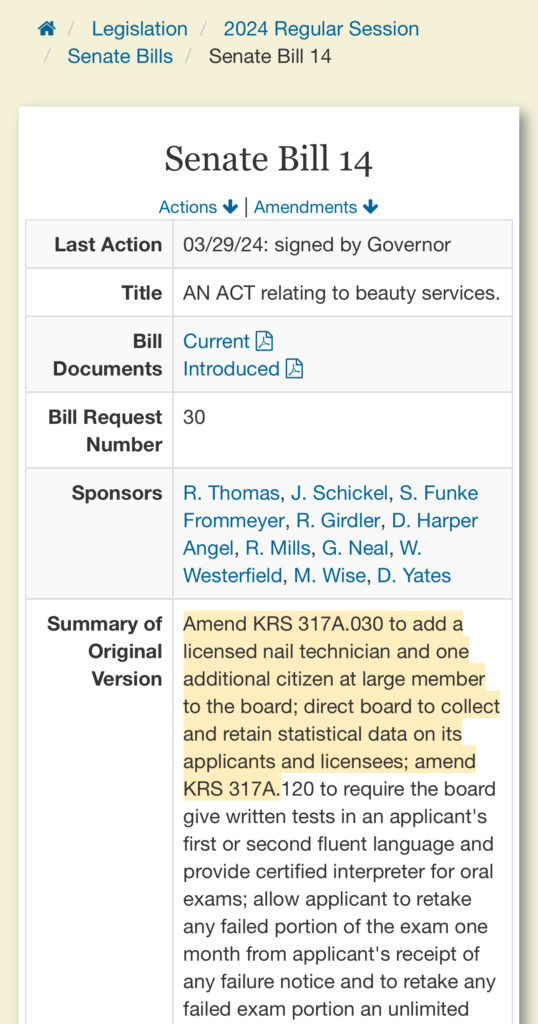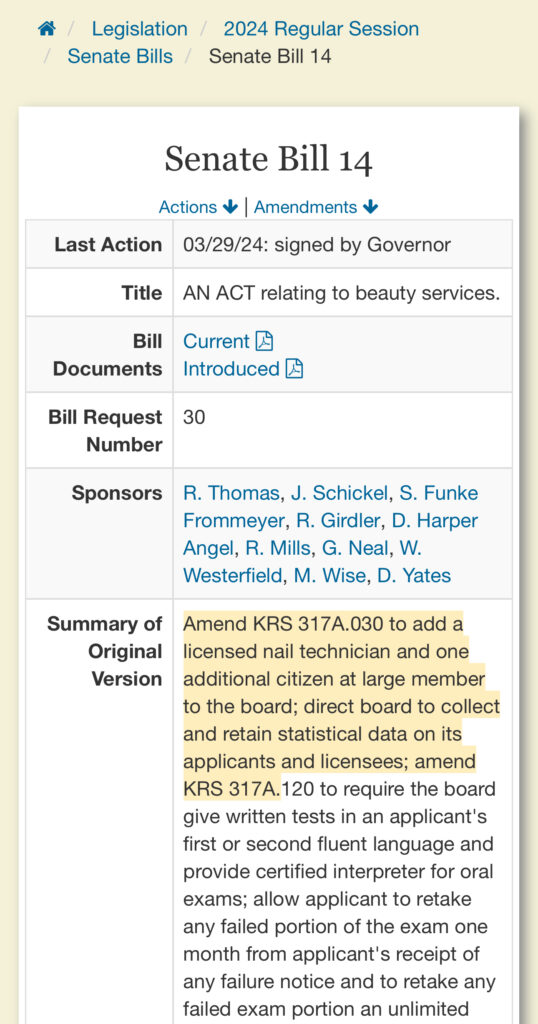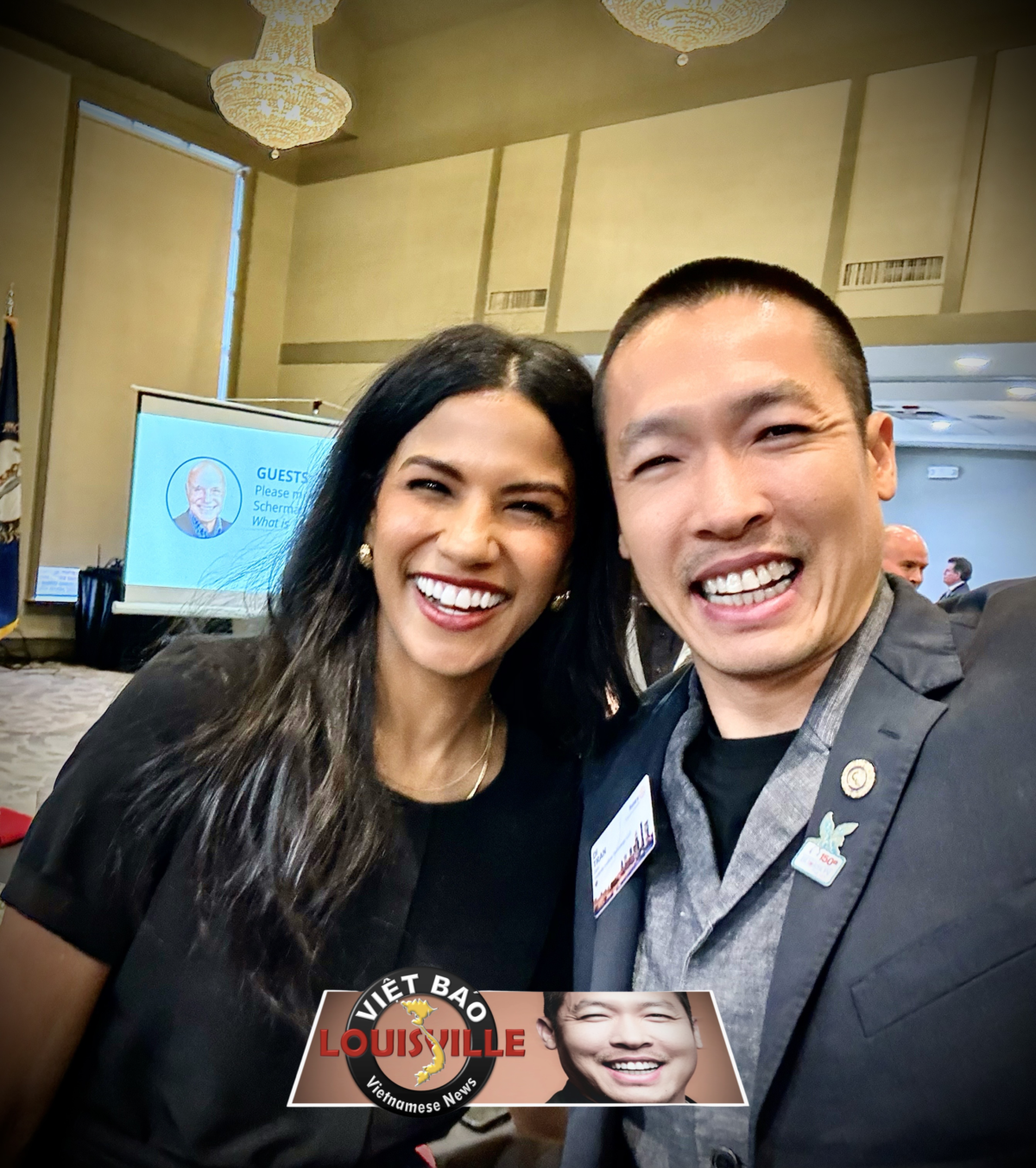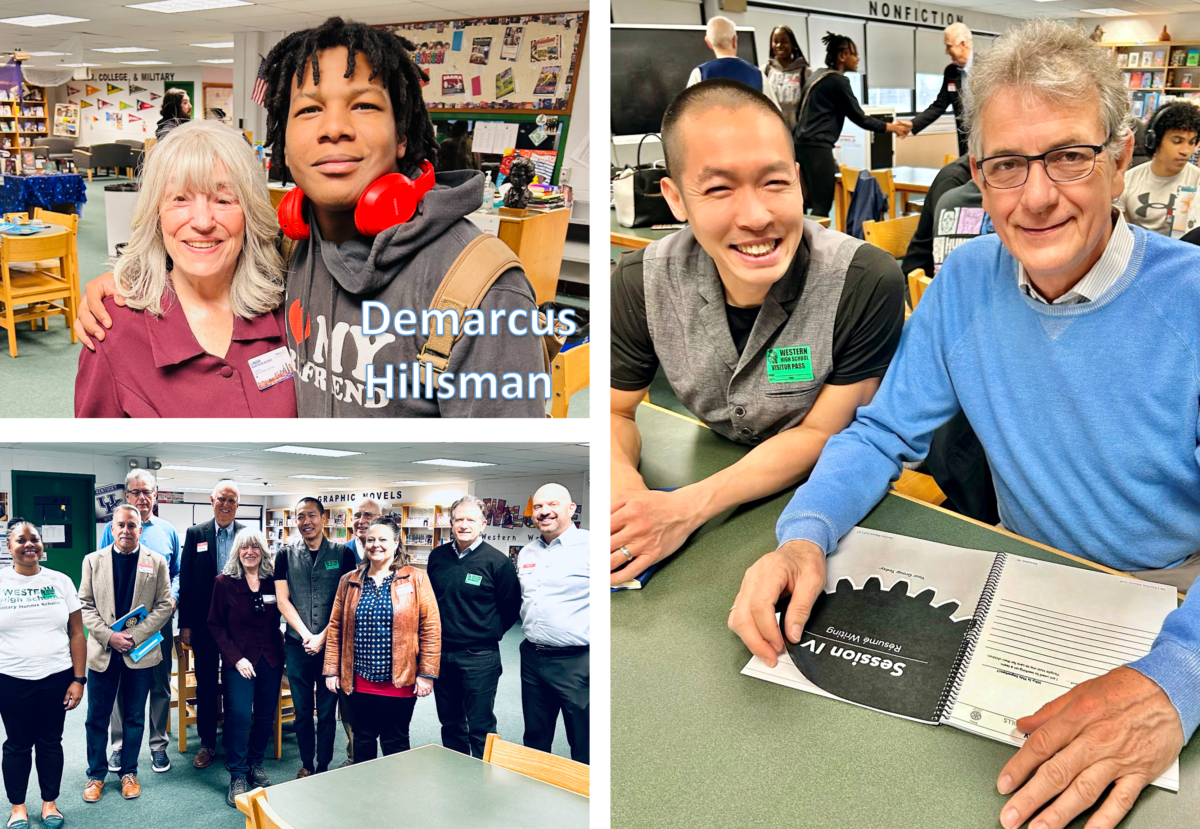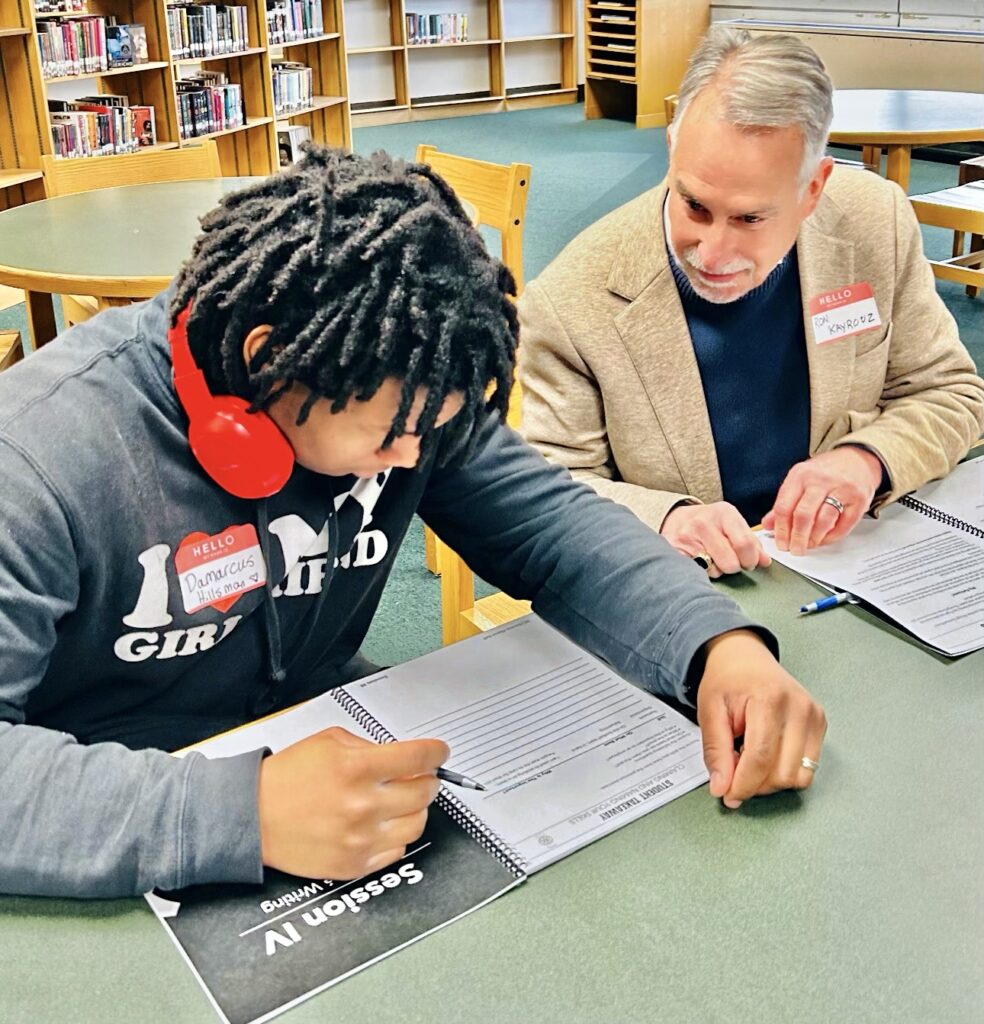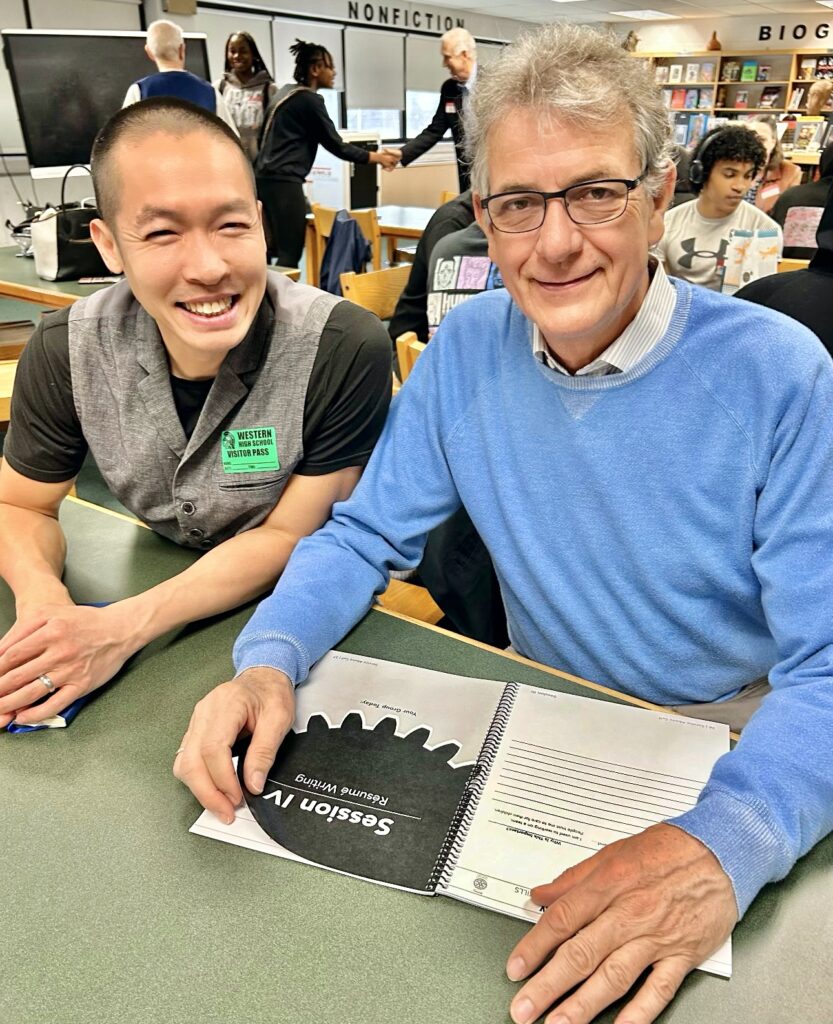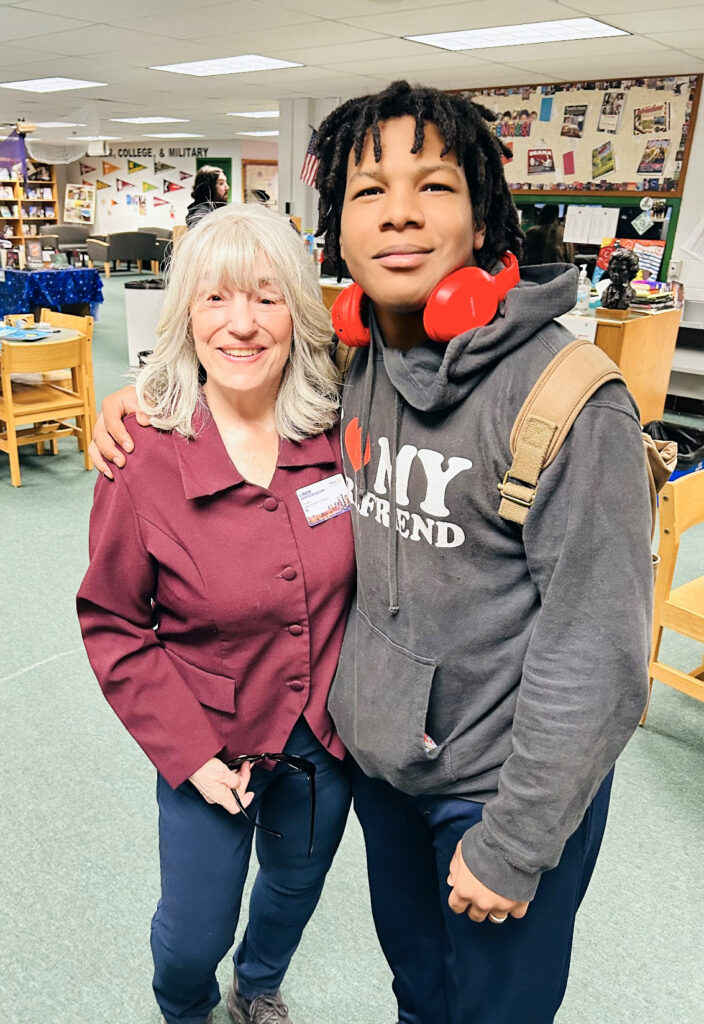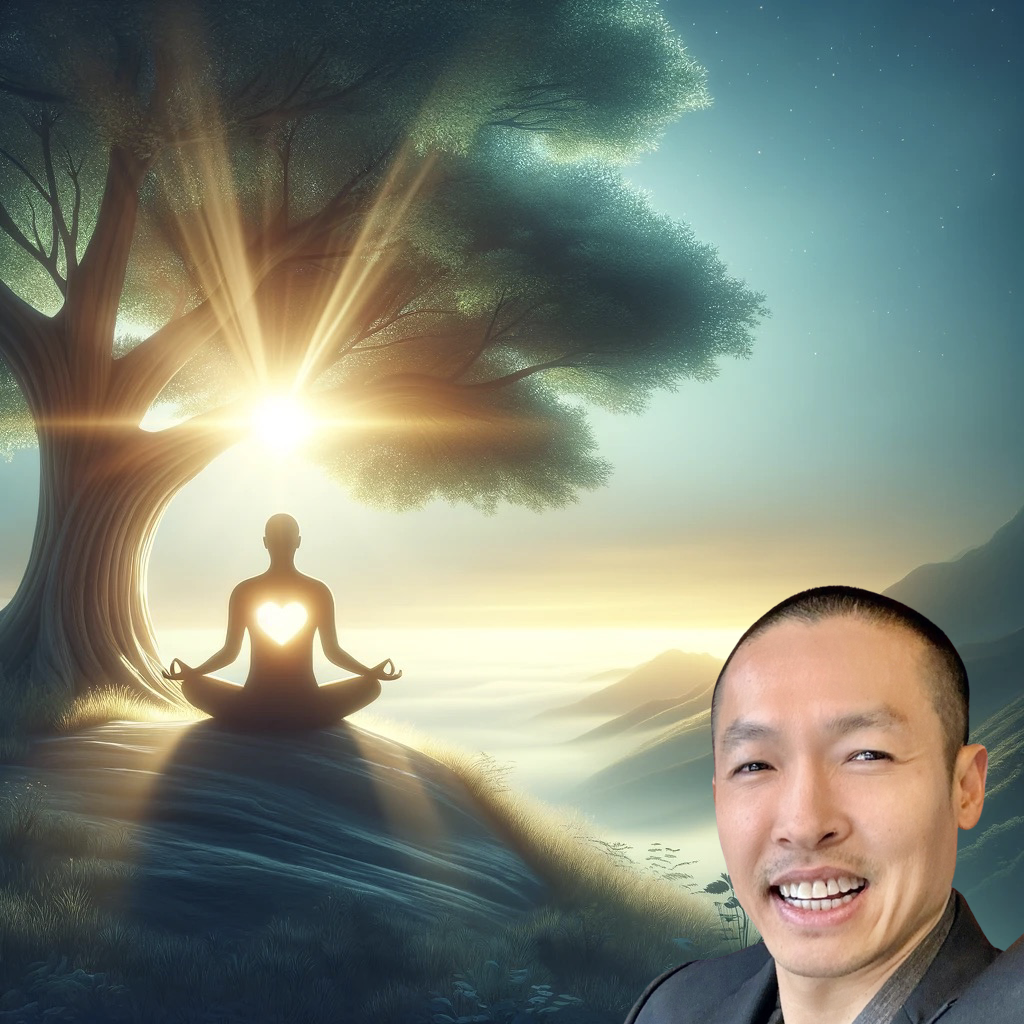In a world where mental health is increasingly recognized as one of the defining challenges of our time, a new trend is emerging at the intersection of beauty and medical fields. Author Di Tran’s latest book, “The Healing Power of Beauty Services: Unlocking the Therapeutic Potential of Beauty in Mental Wellness,” addresses this paradigm shift and stands as a testament to the therapeutic benefits of beauty services.
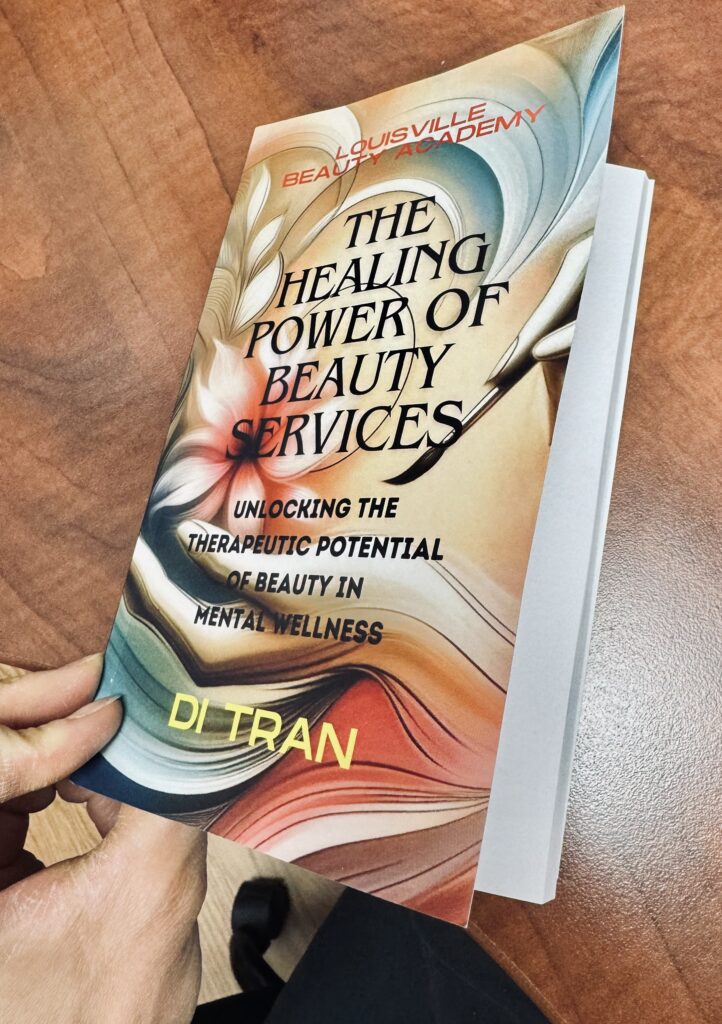
Di Tran, a staunch advocate for the beauty industry, has dedicated this pivotal work to Kentucky State Senator Reginald Thomas, applauding his legislative achievements with Senate Bill 14. The bill is a game-changer, enshrining fairness in representation across the Kentucky State Board of Cosmetology, especially for Nail Technicians and Aestheticians.
This legislation is not merely an administrative triumph but a beacon for the beauty industry, spotlighting its role in the wider health and wellness sectors. Senator Thomas’s vision and Di Tran’s advocacy converge on a shared belief: beauty services are not just about looking good but feeling good—about healing.
“The Healing Power of Beauty Services” delves into how beauty services, from a calming manicure to a rejuvenating facial, can serve as a form of therapy. These treatments offer respite from the stresses of modern life, contributing to mental and emotional equilibrium. The book’s dedication to Senator Thomas is not only a token of gratitude but a reflection of a collective movement towards embracing the holistic potential of beauty practices.
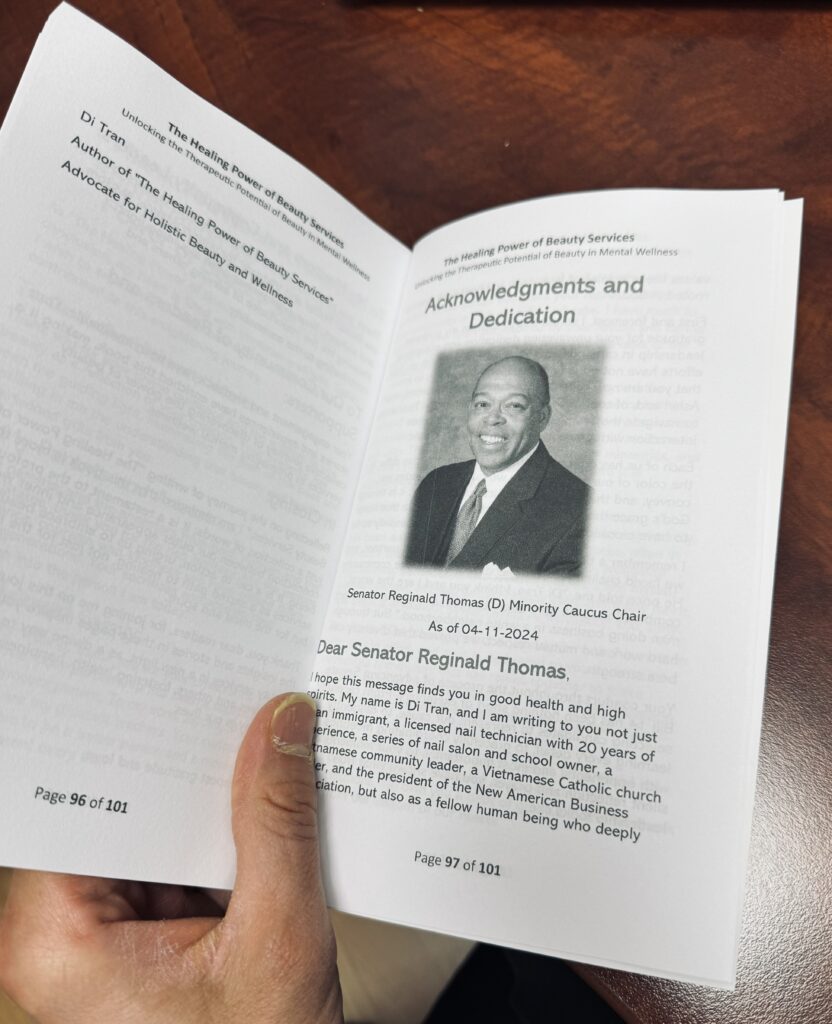
Di Tran, through his eloquent narrative, positions nail and aesthetic services as pioneering forces bridging the gap between the beauty salon and the therapist’s office. His insights draw upon compelling research and personal anecdotes, painting a future where a trip to the salon is intertwined with one’s mental health regimen.
This new trend, as Di Tran presents, is an overwhelming wave that’s redefining self-care. It acknowledges that addressing mental health requires an integrated approach, where the nurturing touch of a beauty professional can complement traditional medical interventions.
In “The Healing Power of Beauty Services,” readers will find more than just a celebration of Senator Thomas’s legislative efforts. They will discover a clarion call to recognize the power of beauty services in sustaining mental health and well-being—a call that Di Tran articulates with passion and purpose.
As we turn the pages, we are invited to rethink the value of beauty services. It’s a timely reminder that, sometimes, the most profound healing comes from the simplest of human interactions—a touch, a conversation, a moment of pampering that reaches far beyond the surface.
Di Tran’s book is a must-read for anyone in the beauty or health profession, for policymakers, and for anyone who has ever found solace in the chair of a salon. It’s a narrative that intertwines care, compassion, and the promise of a healthier society, all resting in the hands of our beauty experts.

